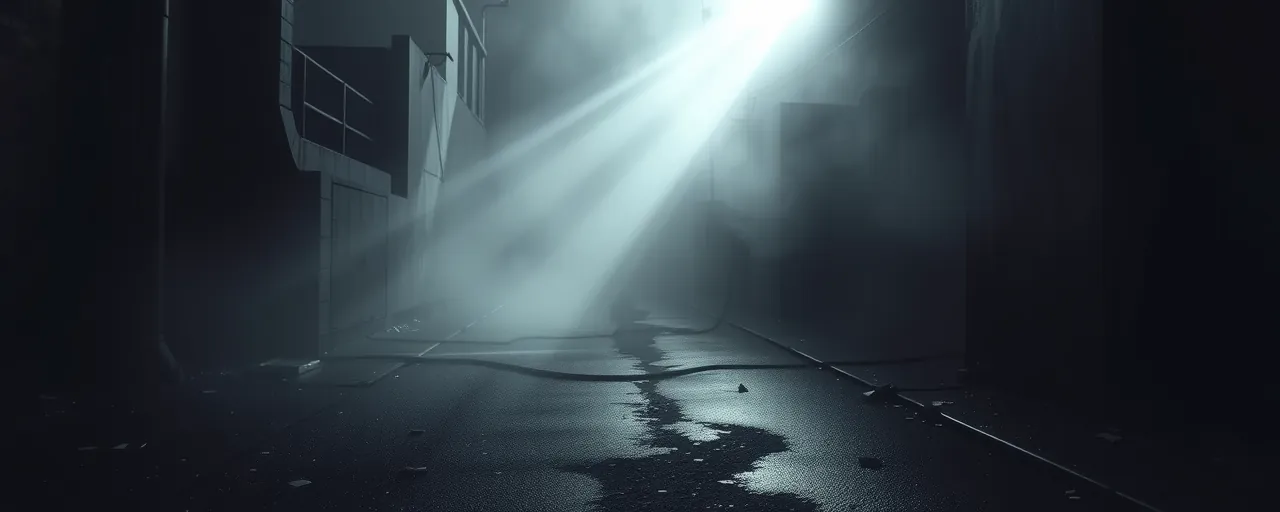Striking Back at Injustice
President Trump’s latest pardons, covering names like Todd and Julie Chrisley, Michael Grimm, and even rapper NBA YoungBoy, have set off a firestorm. To his supporters, these moves correct a justice system that’s become a weapon against the politically inconvenient. Critics scream that he’s protecting loyalists. The reality lies in a deeper truth. Trump is exposing a system that often punishes the wrong people for the wrong reasons.
Take the Chrisleys, reality TV stars hit with fraud convictions. Their sentences, many argue, were wildly disproportionate for non-violent offenses. Then there’s Scott Jenkins, a sheriff with years of service, and Paul Walczak, a lesser-known figure caught in federal crosshairs. These cases aren’t about blind loyalty. They point to a pattern of prosecutorial overreach. Why do ordinary Americans face crushing penalties while the well-connected slip away?
NBA YoungBoy’s pardon drives this home. The music industry celebrates defiance, yet artists like him face relentless legal battles. Is this about justice, or a system that picks its targets carefully? Trump’s actions suggest he’s betting on the latter, and he’s willing to fight it head-on.
A Legacy of Challenging the System
Trump has never shied away from using his clemency power. In his first term, he issued 237 pardons and commutations, often sidestepping the Justice Department’s sluggish process. High-profile allies like Michael Flynn and Roger Stone benefited, but so did everyday people crushed by federal power. Unlike Obama’s 1,927 clemency acts or Biden’s staggering 4,245, Trump’s approach is targeted, focusing on those he sees as victims of unfair prosecution.
The January 6 pardons, affecting nearly 1,500 individuals, are his boldest move yet. Many faced harsh sentences for what were, in essence, political protests that spiraled out of control. Were there errors in judgment? No question. But does a trespassing charge justify years in prison? NPR polls show 60% of Americans oppose clemency for violent offenders, yet the Fraternal Order of Police warns that broad pardons could weaken deterrence. Trump’s wager is that voters view these individuals as patriots, not threats.
Contrast this with Biden’s family pardons or Obama’s mass drug offender releases. Where was the outcry then? The hypocrisy is stark. Advocacy groups like Protect Democracy label Trump’s moves as ‘henchmen pardons,’ but their silence on Democratic clemency reveals their true agenda.
Dismantling the Opposition’s Claims
Groups like Public Citizen argue that Trump’s pardons reward political violence and weaken the rule of law. They point to January 6, claiming clemency encourages extremism. This argument falls apart under scrutiny. The Capitol riot was messy, not a calculated rebellion. Most pardoned individuals weren’t violent; they were swept up in a prosecutorial net. Why should they pay the price while high-profile figures, like those tied to Hunter Biden’s business dealings, face no consequences?
Some Republicans, including Senators Susan Collins and Thom Tillis, voice concerns, arguing that blanket pardons go too far. Their caution is understandable but misses the larger issue. The justice system isn’t flawless; it’s a tool, often used to silence those who challenge the establishment. Trump’s pardons demand a hard look at the question: Does justice serve everyone, or just the powerful?
The Constitution, under Article II, Section 2, grants presidents clear authority to pardon federal crimes. Critics can’t rewrite that to fit their narrative. Congress can investigate, but it can’t reverse a pardon. Groups like Our Revolution push for oversight, but their real grievance is Trump’s focus, not the process itself.
What This Means for Everyday Americans
This debate hits home for regular people. Pardons affect real lives—families shattered, careers ruined. The Chrisleys’ story resonates because it echoes countless cases of federal overreach. Small business owners, local leaders, and even artists like NBA YoungBoy face a system that seems to punish success or dissent. Trump’s clemency declares that this has to stop.
Trust in the justice system is fragile. Polls indicate 75% of voters in key districts oppose pardons for violent January 6 offenders, but there’s openness to nuanced cases. Most Americans want a system that’s fair, not one that settles scores. Trump’s pardons, though divisive, force a critical discussion about who faces punishment and why.
The alternative is a justice system that targets political enemies while protecting the elite. Trump’s critics want you to believe he’s dismantling law and order. In truth, he’s shining a light on a flawed system. Will we push for equal justice, or let the powerful keep their free pass? That’s the question we must answer.
